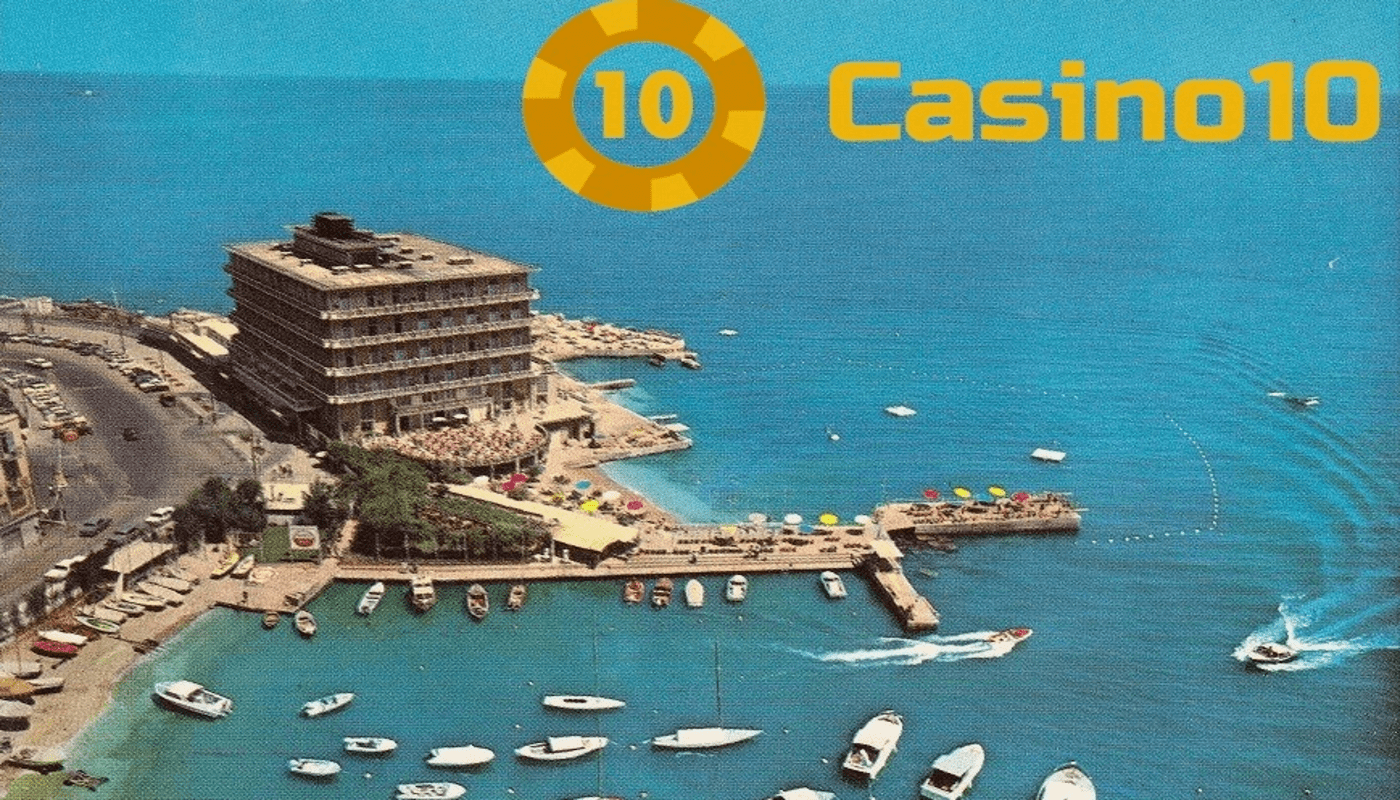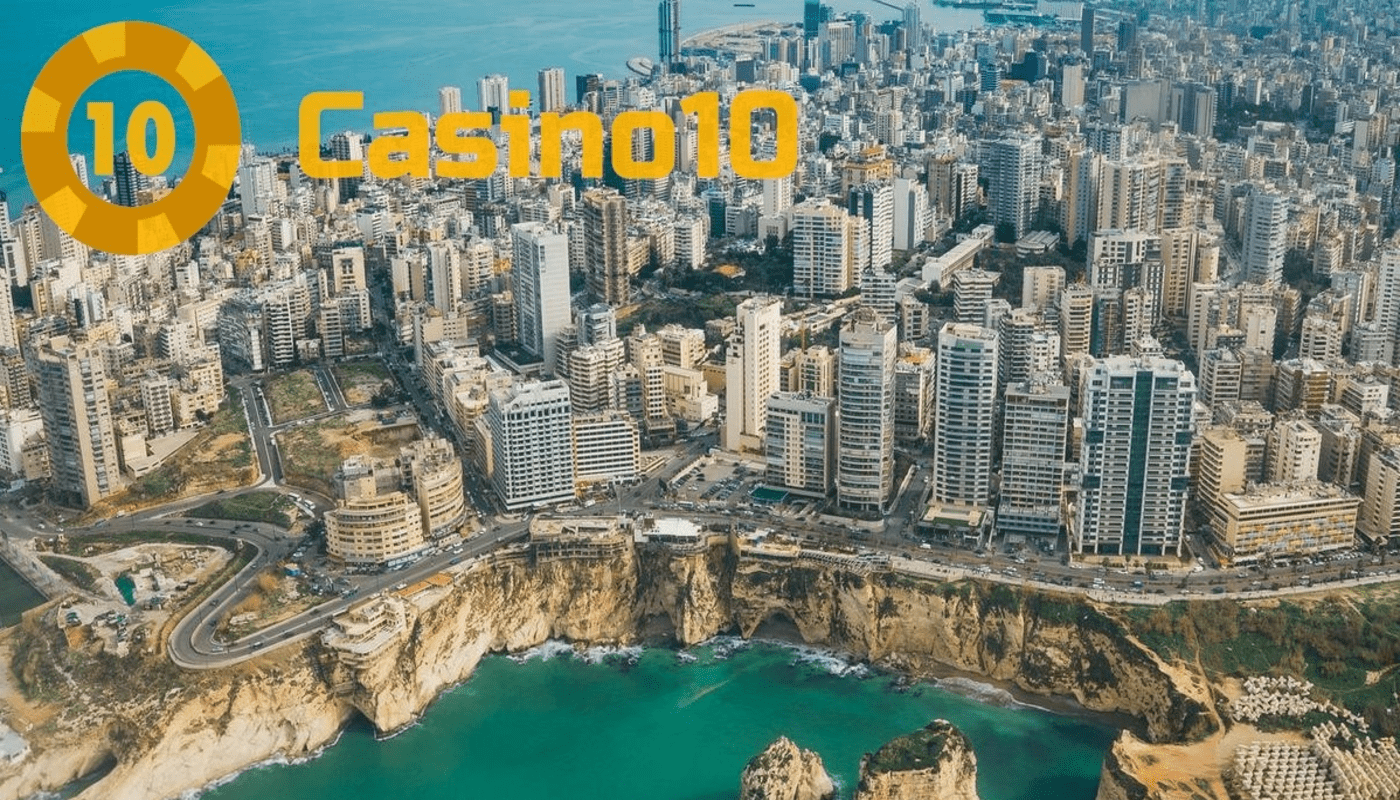
The Lebanese economy is a developing economy with a commercial tradition of minimum government intervention into the local private sector. The Lebanese economic system is service-oriented and its key services have been always related to banking and tourism. Since there are no restrictions on foreign exchange transactions neither capital movements, income- and the tax-free environment has become another distinctive feature of the local financial system.
Lebanon is a service-oriented country with its focus set on banking and tourism. Although there’s been a huge gap in import-export balance for quite a long time, the trade deficit was successfully balanced by incomes from tourism and remittances from workers working abroad.
Lebanon enjoyed its status of both regional and commercial centers for a long time after the civil war in 1975-1990 which had serious negative effects on the Lebanese economic infrastructure. In truth, Lebanon is now facing its worst economic and political crisis since gaining sovereignty in 1943. Lebanese financial strains have reached the levels unheard of since the civil war and many experts call the situation an economic and social catastrophe.
In a country where political tensions are never far from the surface and economic stability is always questioned, residents may have higher chances to earn cash playing in a reputable Lebanon online casino rather than trying to cover their expenses for a living going to work.
All about finance
Despite political uncertainties caused by the civil war in 1975-90s, the finance sector of Lebanon showed an expressive expansion during 1975-1985 and the country’s monetary reserves continued their growth. Nonetheless, after the mid-1980s, the long-lasting destruction of Lebanon’s infrastructure affected a substantial plum of the Lebanese pound.
After the war, the central government regained its ability to collect taxes and regained control of key businesses and government agencies. The government, however, faced serious economic problems. To finance the reconstruction, it was forced to use foreign exchange reserves and increase internal debt load.
Trying to attract foreign investments, the government reduced the tax rates. To meet the budget shortfalls, there’s emerged a growing reliance on regressive indirect taxation while investing in local social infrastructure was very limited. As an outcome, more than one-third of Lebanese appeared to be below the poverty line at the beginning of the 21st century.
But Lebanon’s economy remained comparatively resilient in the face of the global economic crisis in 2008. What really caused a financial crisis in the country was a civil war in Syria. Lebanon dependent on Syria’s economy, political wrangling, austerity measures, and corruption added oil to a loss in investor confidence. The situation has eventually culminated in the fall of 2019 with massive demonstrations countrywide.
In March 2020, the Lebanon government announced the default of the country’s economy. Up to that moment, Lebanon’s debt has grown $90 billion (according to Financial Times), while the value of debt in GDP (Gross Domestic Product) has reached 170%.
Trading in Lebanon
The country’s geographical position has largely determined the transformation of Lebanon into an important trade center. Most of its residents are employed in the non-productive sector – in the service business. So, in the early 70s, agriculture provided 15 – 17% of the national income, industry – about the same, and trade, banking, tourism, the service sector – 60%. Free-market policy guaranteed the secrecy of banking transactions and freedom of banking. The budget received considerable income from these operations, so the banking privacy has always been secured by law.
After the activities of foreign banks in Syria and Iraq were banned in the 1960s and their assets were nationalized, Lebanon’s role as the financial center of the Arab East has grown as never before. Foreign banks and insurance trading firms operating throughout the Arab East moved their centers to Beirut. As a result, Lebanon banks became a home for a substantial part of the incomes of the Saudi Arabia royalties of and oil production profits generated by the countries of the Persian Gulf.
Labour and taxation
The Lebanese labor market is extremely complex and may be characterized by low employment rates and high taxes, tariffs, and fees. The richest 1% of the adult population earns about a quarter of the total national income, which places Lebanon among the countries in the world with the highest levels of inequality. The bottom 50% of the population remains 10% of the total national income.
The main wealth in Lebanon belongs to local banks and leaders of ethnic and denominational communities who lead political parties. The latter view various areas of the economy and government departments as areas intended for personal enrichment, and Lebanon is one of the most corrupt countries in the world.
Despite its ineffectiveness, this system has been operating for almost 75 years and even outlived the civil war in 1975-1990. Throughout the last two decades, Syrian refugees, corruption, the coronavirus pandemic, and the destruction of the port have completely ruined the economy.
Today, Lebanon is on the brink of economic collapse. The national currency has lost more than 80% of its value on the black market, and if the same socio-economic trends will persist till the end of 2020, more than 60% of the population is predicted to fall into poverty, unable to meet their basic needs.










